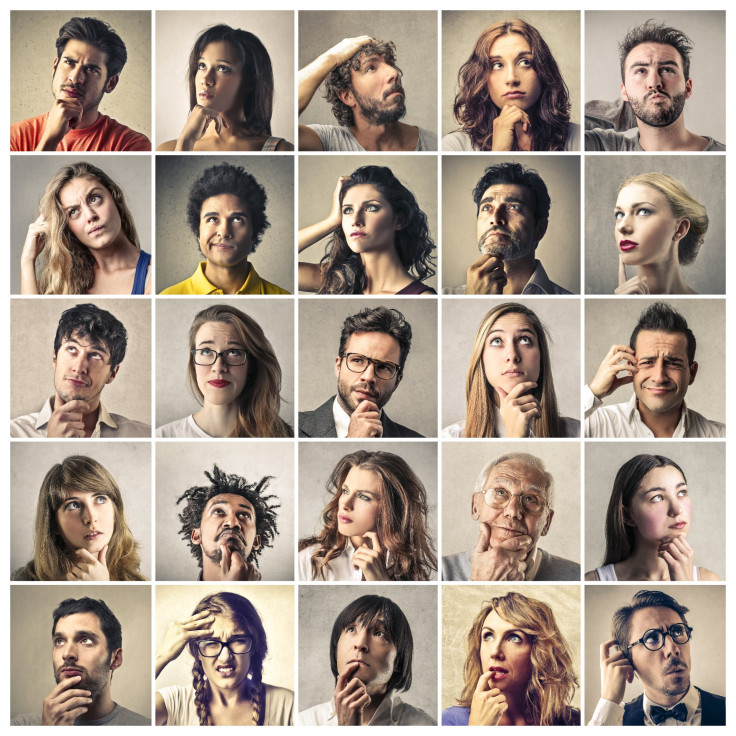Behavior Of The Human Brain Reveals New Neurons For Understanding Autism And Socializing

Decision-making is a constant process of human interaction, whether we realize we’re doing it or not. Everything from driving, to date nights and business negotiations, our brains are constantly calculating our social interactions and anticipating another person’s next move. In a new study published in the journal Cell, researchers from Massachusetts General Hospital (MGH) studied how the brain socializes and cooperates depending on those around us.
"Many conflicts or adversarial interactions arise from an inability to accurately read another's intentions or hidden state of mind," the study’s lead author Dr. Keren Haroush, a postdoctoral fellow at the Massachusetts General Hospital-Harvard Medical School Center for Nervous System Repair, said in a press release. "Therefore, understanding where and how these computations are performed within the brain may help us better understand how such complex social interactions occur."
To investigate, researchers tested Rhesus monkeys in animal trials using the video game “Prisoner’s Dilemma.” In the game, each monkey can choose either a symbol that represents cooperation or a symbol that represents a lack of cooperation, known as defection. If both monkeys choose the cooperation symbol, they each receive a medium drink of juice, but if they choose differently, the one who chooses the defector gets a large drink of juice, and cooperator gets the small size. If both choose defector, both monkeys get an equally small drink of juice.
In the experiment, the monkeys constantly tried to predict each other’s next move, and with that, half of the 353 different neurons researchers studied were activated in the monkeys’ brains. Researchers observed how each monkey based his future decisions on the previous trial, so the more he chose the cooperation symbol, the more he cooperated and chose the same one to benefit him and his partner.
"For a long time we have been interested in understanding how complex social interactions between individuals are mediated by neurons within the brain," Haroush said. "Some neurons encode the animal's decision whether or not to cooperate with another monkey, and a separate group was activated in predicting what the other monkey would do before it had made its selection. The activity of those other-predictive neurons was uniquely affected by the social context of the interaction."
Researchers discovered the frontal lobe part of the brain called the anterior cingulate cortex is where cooperative person-to-person interactions were taking place. The same region is responsible for a wide variety of social behaviors, so if damage occurs to the area, the person will have less of an interest in other people, and that interest shifts to inanimate objects.
People with autism spectrum disorders or other antisocial personality disorders oftentimes have abnormalities in their ACC shown on brain scans. One in 68 people are diagnosed with an ASD, and the numbers are growing, forcing researchers to search the brain for any answers as to what’s gone awry, according to the Centers for Disease Control and Prevention.
"Social interactions are complex, and here we touched on only a small aspect of how individuals interact," Haroush said. "Our eventual hope is to better understand how these complex, multifaceted interactions are encoded within the human brain and use this understanding to develop new, targeted treatment for disorders such as autism and antisocial behavior, which are often characterized by difficulty with social interaction."
Source: Haroush K and William ZM. Neuronal Prediction of Opponent’s Behavior during Cooperative Social Interchange in Primates. Cell. 2015.



























